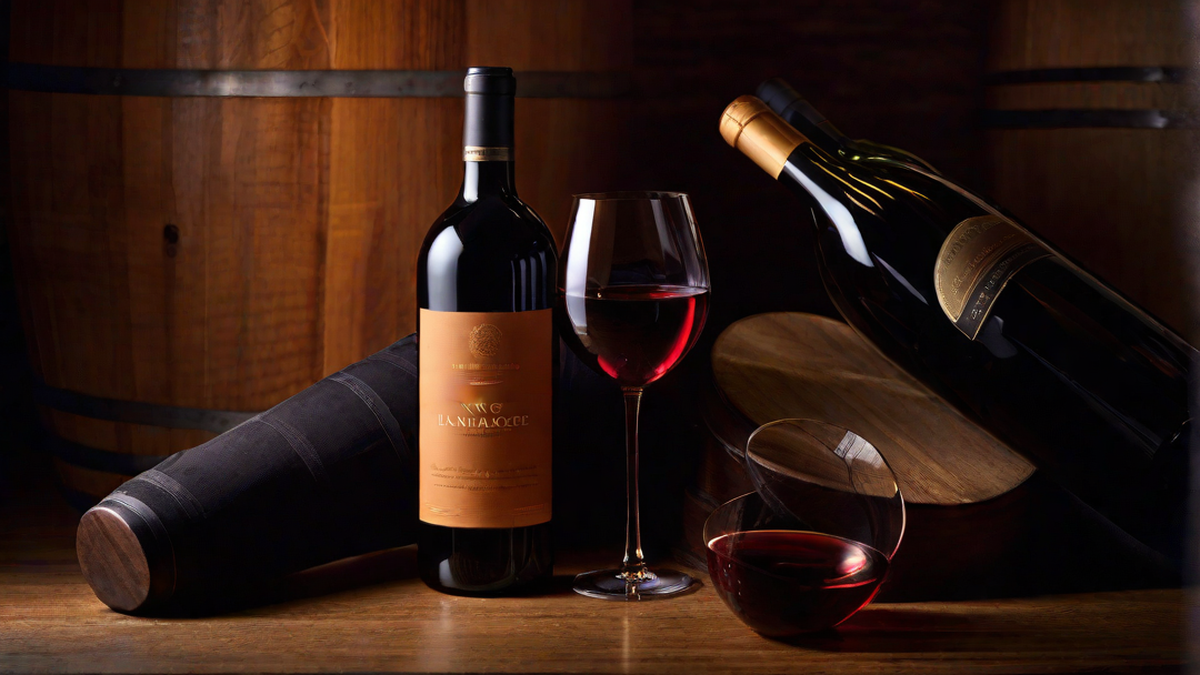As an avid enthusiast of wine, I often find myself pondering the age-old question: can wine lead to hangovers? This topic has sparked lively debates among my friends and fellow wine aficionados. Thus, let’s explore the world of wine-induced headaches and discover the truth behind this widespread belief.
First and foremost, it is important to understand that a hangover is not solely caused by wine. It can be attributed to a combination of factors including the amount of alcohol consumed, your individual tolerance, hydration levels, and even the type of wine you indulge in. While wine can indeed contribute to the unpleasant aftermath of a night of indulgence, it is not the sole culprit.
One factor to consider is the alcohol content of the wine. Different wines have different alcohol percentages, and consuming high-alcohol wines in excess can undoubtedly lead to a more severe hangover. It is crucial to be mindful of the alcohol content and pace yourself accordingly.
Another aspect to take into account is hydration. Wine, like any alcoholic beverage, has a diuretic effect, meaning it increases urinary output and can lead to dehydration if not balanced with sufficient water intake. Dehydration can worsen hangover symptoms such as headaches and fatigue. So, remember to stay hydrated by alternating between glasses of wine and water.
Furthermore, the presence of congeners in wine can also influence the severity of a hangover. Congeners are natural byproducts of the fermentation process and are responsible for the unique flavors and aromas of different wines. However, they can also contribute to hangover symptoms. Darker wines, such as reds, tend to have higher levels of congeners compared to lighter wines like whites. This may explain why some individuals experience more intense hangovers after indulging in rich, full-bodied red wines.
Now, let’s address the personal touches and commentary aspect of this article. As someone who has had my fair share of wine-induced headaches, I can attest to the fact that moderation is key. It’s all too easy to get carried away with the enjoyment of a good bottle of wine, but the consequences the next day are never worth it. I’ve learned that pacing myself and savoring each glass allows me to fully appreciate the flavors and nuances of the wine without paying the price later.
It’s also important to note that we all have different tolerances when it comes to alcohol. What may leave one person with a pounding headache might not affect another in the same way. Understanding your body and knowing your limits is crucial in avoiding the dreaded morning-after hangover.
In conclusion, while wine can indeed contribute to a hangover, it is not solely responsible. Factors such as alcohol content, hydration levels, and the presence of congeners all play a role in the severity of the aftermath. By practicing moderation, staying hydrated, and being mindful of the type of wine we consume, we can enjoy our favorite vino without suffering the consequences the next day. So, next time you raise a glass, remember to do so with a responsible mindset and enjoy every sip.
